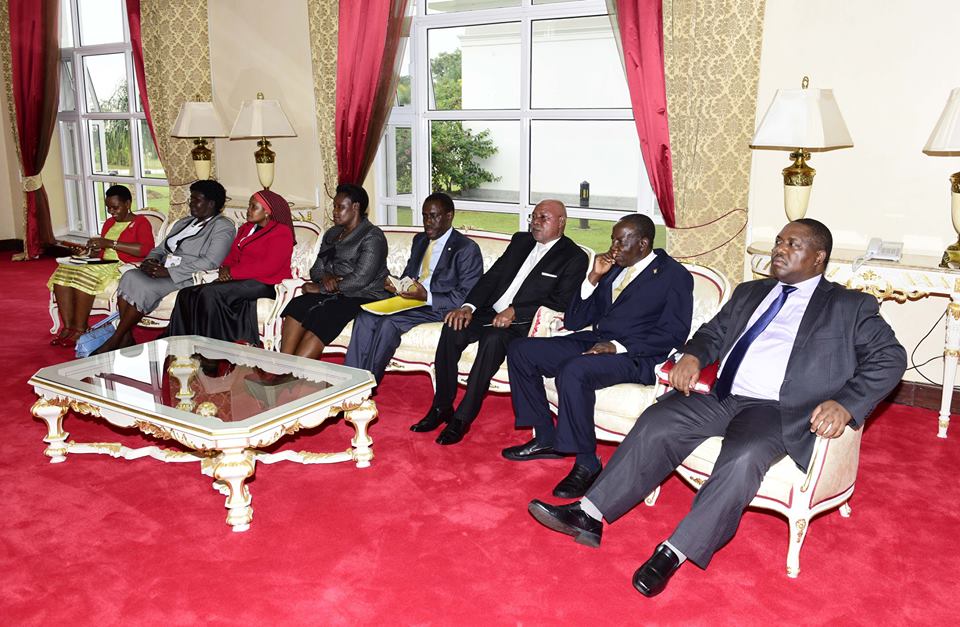
The Ministry of Foreign Affairs has released a statement refuting reports that Uganda has severed diplomatic relations with the Democratic People’s Republic of Korea (DPRK).
Foreign Affairs Permanent Secretary Ambassador James Mugume said in the statement that all that happened was Uganda had reviewed a bilateral cooperation framework with DPRK.
The statement also said Foreign Affairs Minister Hon. Sam Kutesa had been quoted out of context, after he responded to a question on whether, in light of UN Security Council resolution 2276, Uganda would continue working with the DPRK.
“His detailed response was reduced to a sound-bite which was clearly understood by those in the diplomatic community but unfortunately not by our local media fraternity,”Ambassador Mugume explained.
“By way of further clarification the disengagement of defense and police cooperation does not imply that Uganda has severed relations with the DPRK. We have bilateral cooperation framework agreements with several countries which are revised, adjusted and cancelled regularly. These changes do not and should not be seen as severance of diplomatic relations.”
North Korea, which is under UN sanctions for its defiant efforts to build nuclear weapons, has for many years sent military trainers to Uganda, but the relationship will now end.
Earlier, State House had also said in a statement Sunday that “President Yoweri Museveni said Uganda would enforce the UN Security Council resolutions, adding that the government had already been given orders to disengage with North Korea on police and other military engagements.”
The about-turn followed a meeting between Museveni and his South Korean counterpart Park Geun-Hye who ended a three-day visit on Monday.
Ambassador Mugume said this however does not mean relations with DPRK have been severed.
“Severing of diplomatic relations is usually an act preceding a war between two states and is considered an act of hostility. It is characterized by expulsion of Diplomats and closure of Diplomatic premises. Uganda has not transmitted any such communication to Pyongyang or to the DPRK Embassy in Kampala.”
Uganda has been one of North Korea’s allies in Africa with diplomatic relations since 1963. Beginning in 2007, North Korea has run training programmes for Uganda’s army and police.
Museveni, who has led his country since 1986 and was re-elected in February for a fifth term, has made three visits to North Korea, where he met the late North Korean leader Kim Jong-Il, father of current leader Kim Jong-Un. Uganda’s Vice President Edward Ssekandi has also been to North Korea.
In March, the UN Security Council adopted the heaviest sanctions ever imposed on North Korea after it went ahead with its fourth nuclear test on 6 January followed by a rocket launch a month later.
Sunday’s visit to Uganda was Park’s first since taking power in 2013 and is part of an East Africa tour that includes Ethiopia and Kenya.
ADDITIONAL REPORTS: AFP
 The Independent Uganda: You get the Truth we Pay the Price
The Independent Uganda: You get the Truth we Pay the Price





